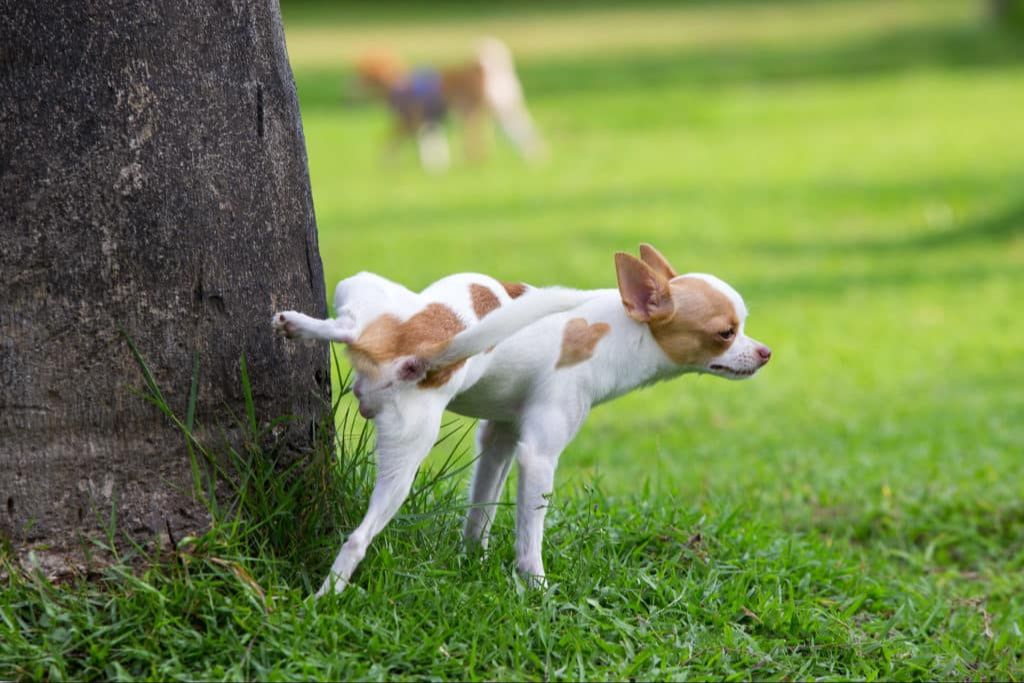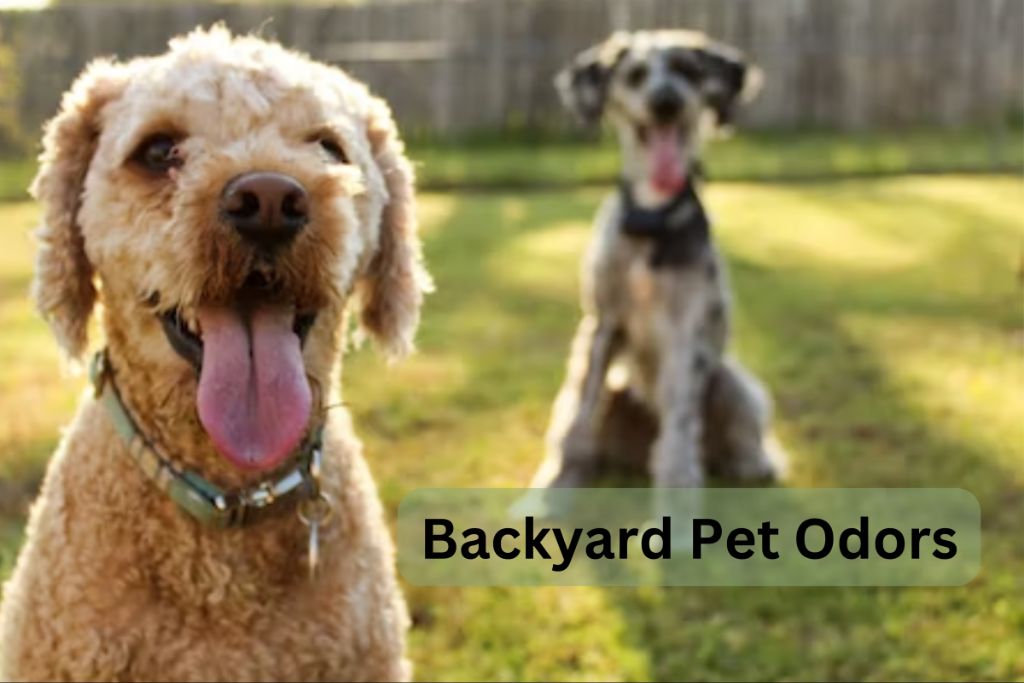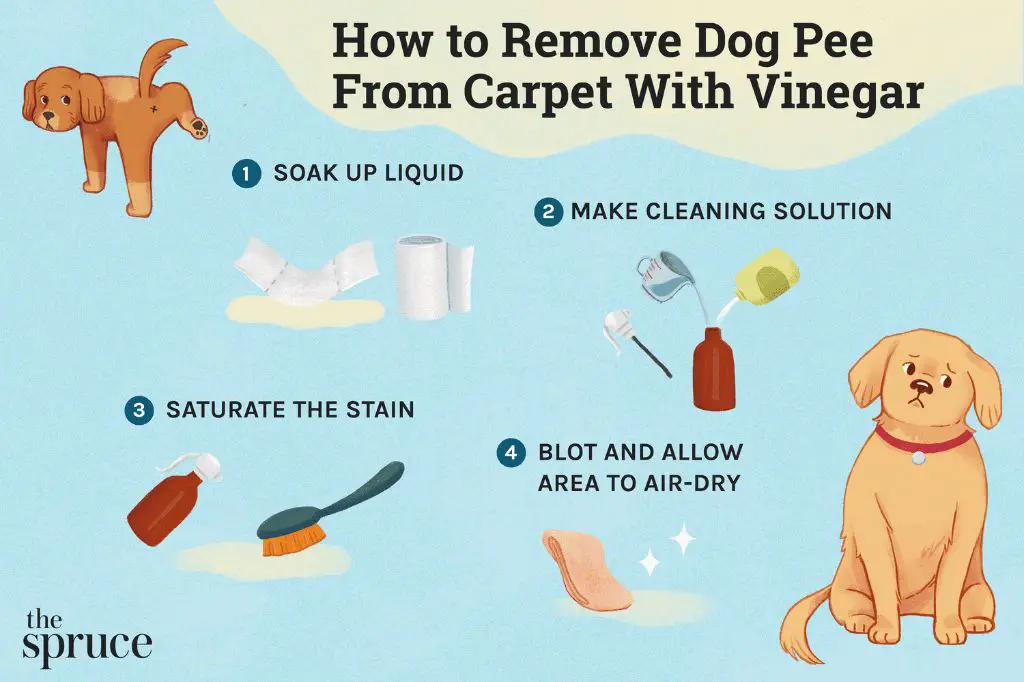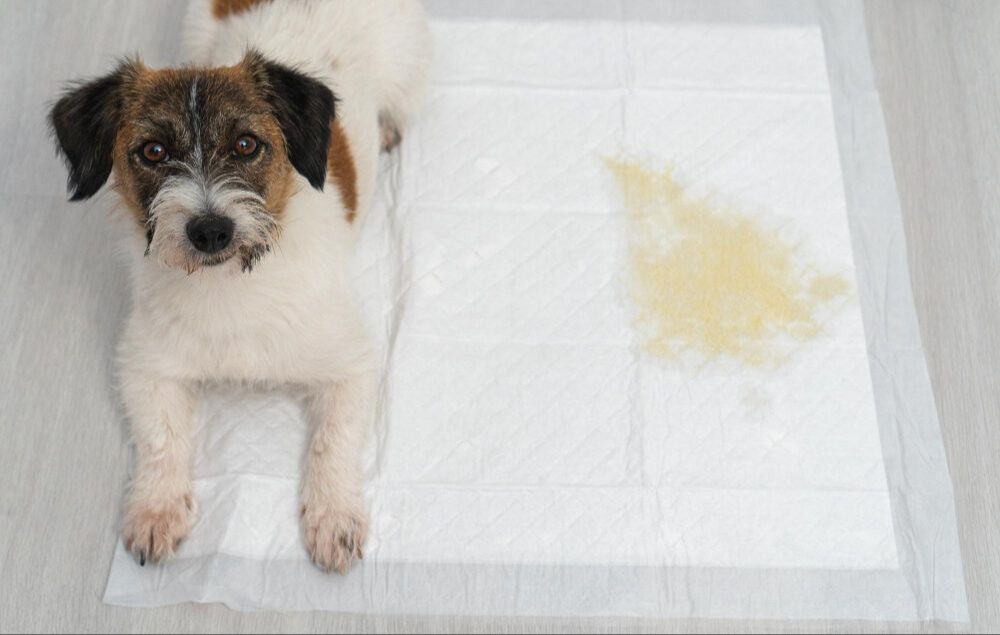Does Your Dog’s Urine Have a Normal Smell?
Dog owners know that our canine companions’ urine often has a strong, pungent odor. But is your dog’s pee smell normal, or could it indicate a health issue? This comprehensive guide covers everything you need to know about the normal smell of dog urine, factors that affect odor, signs of abnormal urine odor, cleaning tips, and when you should see a vet.
We’ll explore why dogs pee, what gives urine its characteristic smell, and how their powerful sense of smell plays a role. You’ll learn how diet, hydration status, and health conditions influence urine odor in dogs. We provide tips for eliminating pee smells at home and outside. Finally, you’ll discover when stinky dog pee warrants a trip to the veterinarian.
Whether you’re a new dog owner getting familiar with canine bathroom habits or a seasoned vet looking to brush up, this guide has the science-based facts about normal and abnormal dog pee smells.
Normal Smell

A healthy dog’s urine typically has a mild, ammonia-like smell. This is caused by the chemical composition of dog urine. The main components that create the smell are urea and uric acid (1).
Urea is expelled in the urine and breaks down into ammonia. This provides the characteristic pungent odor. Uric acid and other nitrogenous waste also contribute to the smell (2).
While the urine contains other compounds like water, salts, hormones, and proteins, the urea and uric acid are primarily responsible for the smell we associate with dog pee. The concentration and ratio of these waste products affect the intensity of the odor.
A normal, non-offensive scent means the dog’s kidneys and urinary system are functioning properly and filtering waste as they should.
Factors Influencing Smell
There are several factors that can influence the smell of a dog’s urine, including:
Diet
A dog’s diet can have a big impact on how their urine smells. Foods that are highly processed or contain a lot of fillers can often lead to foul-smelling urine. In particular, poor quality proteins and too many carbohydrates may cause urine odor. Switching to a high-quality diet with balanced nutrition can improve urine smell.[1]
Health Conditions
Certain health conditions like urinary tract infections, kidney disease, or diabetes can cause a dog’s urine to have an unusual or strong odor. Any persistent change in urine odor, especially if it smells foul or seems concentrated, warrants a trip to the veterinarian for evaluation.[2]
Hydration Level
When a dog is not drinking enough water, the urine becomes more concentrated which leads to a stronger smell. Making sure your dog always has access to fresh water and encouraging them to drink more on hot days or with exercise can help dilute the urine and reduce odor.[1]
Monitoring if your dog’s pee smells stronger or different than usual can provide insight into their health. But some mild odor is normal. Focusing on nutrition, hydration, and veterinary care helps keep your dog’s urine smelling as it should.
When to Worry

There are certain situations when you should be concerned about the smell of your dog’s urine, as it may indicate an underlying health issue. According to PetMD, foul smelling urine is often a sign of infection. Specifically, a strong ammonia odor likely indicates a bacterial infection in the urinary tract. Other signs of a potential UTI include increased urgency to urinate, straining, and blood in the urine.
As noted by the AKC Canine Health Foundation, elderly dogs may develop urine that smells strongly of ammonia due to kidney or liver disease. In addition, female dogs that are not spayed may develop urine with a particularly strong, foul odor when they are in heat.
If your dog’s urine suddenly develops a strong, unpleasant odor, take note of any other symptoms and contact your veterinarian. They can run tests on a urine sample to check for issues like UTIs and prescribe any necessary medications to help resolve the problem.
Cleaning Tips

To effectively remove dog urine odors, it’s important to use the right cleaning solutions. According to PetMD, an enzymatic cleaner specifically formulated to break down pet urine is recommended to fully eliminate odors (source). Enzymatic cleaners work by breaking down the uric acid crystals in urine that cause lingering odors.
Vinegar, hydrogen peroxide, baking soda, and dish soap can also help lift urine stains and odors when used properly. However, these household products don’t contain enzymes so they may not fully remove the smell. It’s best to first blot up excess urine, pre-treat the area with an enzymatic cleaner, let it sit, then rinse and extract any residue (source).
To prevent future odors, immediately clean any accidents with an enzymatic cleaner. Avoid using steam cleaners as they can set the urine smell into fabrics. Thoroughly rinse cleaning solutions and allow all surfaces to fully dry.
Outdoor Urine
Dog urine smells stronger outside than inside for a few reasons. The main reason is that urine is more concentrated when dogs go to the bathroom outside. Dogs tend to hold their urine longer when taken outside for walks or in the yard, allowing more metabolites and proteins to build up and create a stronger odor.
Additionally, outdoor elements like heat and sunlight can intensify smells. The UV rays from the sun chemically alter the compounds in urine to be more pungent. And when temperatures rise, smells become more volatile.
For lawns and yards, it’s important to dilute and flush away the urine as soon as possible. According to the Natural Resources Defense Council, flushing the area with water can help neutralize the nitrogen in dog urine so it doesn’t burn grass. You can also spray with a hose on gentle setting.[1]
Spot cleaning sprays containing enzymes or beneficial bacteria are also effective at breaking down urine compounds and removing odors in soil. Look for pet-safe products labeled for use on lawns and landscaping.
Pee Pads
Pee pads, also known as dog training pads or puppy pads, are absorbent pads used for indoor dog potty training. They provide a designated area for dogs to urinate inside when outdoor access is limited.
When it comes to controlling urine odor, choose pads made with multiple layers and moisture locking cores to trap smell. Look for pads incorporating activated carbon or other odor controlling technologies.
Be sure to dispose of used pads properly. Simply tossing a urine-soaked pad in the trash will make the smell worse. Used pads should be sealed in disposable plastic bags or dog waste bags before placing in outdoor garbage cans.
Replacing pads frequently, at least 1-2 times per day, will also help minimize lingering urine odors indoors.
Holistic Options
There are a few holistic options dog owners can try to improve their dog’s urine smell.
Diet Changes
Changing your dog’s diet can sometimes reduce urine odor. Speak to your veterinarian about switching to a high-quality protein diet or a raw food diet. These diets are highly digestible so there are less waste products for the kidneys to filter out.
Supplements
Certain supplements may be helpful for reducing urine odor. Probiotics can support healthy digestion while cranberries may make urine more acidic. Ask your vet before starting any new supplements.
Essential Oils
Some essential oils like lavender and lemon can help neutralize urine smells. You can add a few drops of essential oil to a spray bottle filled with water and spray areas where your dog urinates. Just be sure to use oils that are safe for dogs.
When to Seek Help

In most cases, a dog’s pee has a normal odor that can be managed with proper cleaning. However, there are certain situations where you may need to seek professional help.
Signs it’s time to talk to your vet:
- The urine has a very strong or unusual smell
- The smell persists even after thorough cleaning
- Your dog is frequently having accidents around the house
- There are changes in the color or consistency of your dog’s urine
- Your dog is straining or crying when trying to pee
If any of these issues are present, contact your veterinarian, as it could signal an underlying medical condition requiring treatment.
For professional odor removal, consider hiring a carpet cleaning service that specializes in pet messes. They have industrial-strength cleaners and tools to deep clean carpets, floors, and fabrics. This is often the best solution for tough set-in odors. Make sure to find a company that uses pet-safe products.
With the right cleaning methods and vet care if needed, you can get offensive urine odors under control. Don’t hesitate to enlist professional help when home remedies aren’t doing the trick.
Conclusion
In summary, most healthy dog urine has a slightly pungent, ammonia-like smell. This is normal due to dogs’ high protein diet. However, drastic changes in urine odor can signal underlying medical issues, especially if accompanied by other symptoms. Owners should monitor their dog’s pee smell and consult a vet if the odor becomes very strong or foul.
To keep your home clean and odor-free, be diligent about letting dogs outside to pee and cleaning up accidents promptly and thoroughly. Use enzymatic cleaners to break down urine at the molecular level. Feeding a high-quality diet and providing plenty of fresh water can also help reduce odors.
While smelly dog pee can be unpleasant, it’s often not a cause for alarm. Pay attention to any changes, clean up messes, and seek veterinary advice if you have ongoing concerns about your dog’s urinary health.